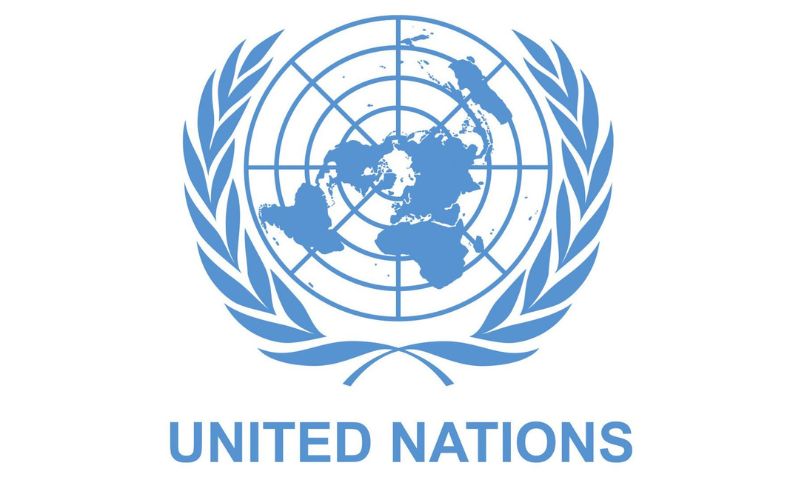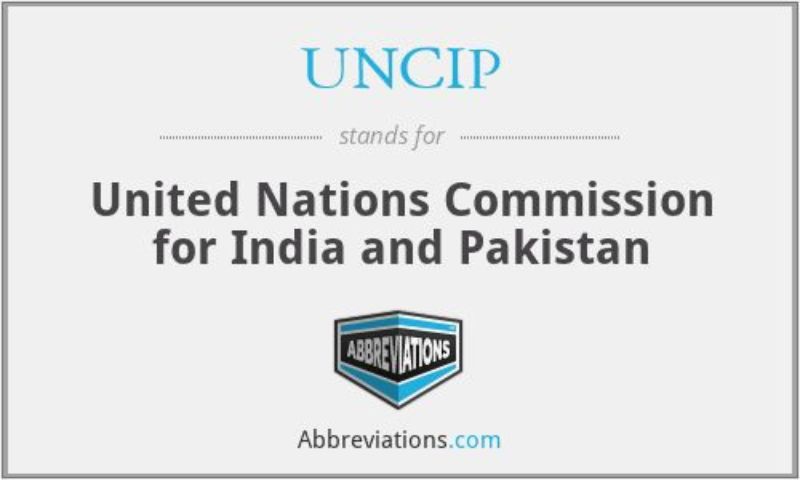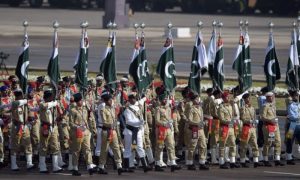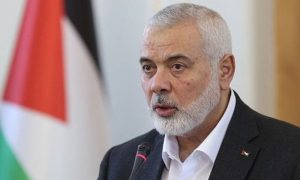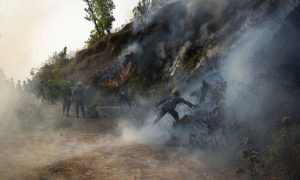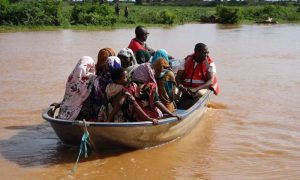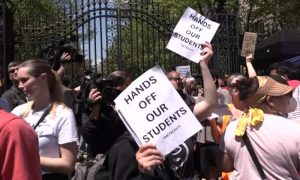The unresolved issue of Indian-occupied Kashmir has entangled the region for the last 76 years. The situation has deteriorated to the extent that there is a recurring threat that if left unresolved may catapult into major warfare between two nuclear-armed neighbours – India and Pakistan. The repercussions of such a conflagration are likely to extend beyond South Asia, potentially affecting regions worldwide and causing a catastrophe that may impact half of the world’s population. To address this protracted problem, a comprehensive examination of its origins and consideration of the evolving geopolitical landscape is crucial.
On January 5, 1949, the United Nations accepted the disputed nature of the state of Jammu and Kashmir between India and Pakistan. On this date, the United Nations Commission for India and Pakistan (UNCIP) guaranteed the right of the Kashmiri people to determine their future by stating “The question of the accession of the State of Jammu and Kashmir to Pakistan or India will be decided through the democratic method of a free and impartial plebiscite.’
Thus, January 5 represents a significant moment in the Kashmiri people’s struggle for their inherent right to self-determination. Unfortunately, this resolution has never been implemented, and the inhabitants of the occupied territory continue to suffer under the oppressive Indian forces, aided by draconian laws such as the ‘Terrorist and Disruptive Activities Act’ (TADA), ‘Unlawful Activities and Prevention Act’ (UAPA), and ‘Public Safety Act’ (PSA), providing them impunity to commit atrocities.
The genuine leadership of Indian-occupied Kashmir has consistently appealed to the UN and other international bodies, urging them to address their pleas and pressure India to cease its coercive actions and fulfil its commitments. Regrettably, these appeals have fallen on deaf ears, resulting in ongoing daily atrocities against innocent Kashmiris.
In 1990, the people in Kashmir who valued freedom were captivated by the 42nd President of the United States’ proclamation during the Iraqi occupation of Kuwait. President Bush expressed the potential for a new world order to emerge from those challenging times—an era marked by increased freedom from the threat of terror, enhanced commitment to justice, and greater security in the pursuit of peace. The United Nations, echoing similar sentiments, denounced Iraq’s invasion and brutal occupation of Kuwait as a blatant violation of international law and the UN Charter.
However, the optimism generated by these events has since given way to despair. It is not unreasonable to suggest that, over time, the UN’s ability to dispense justice and safeguard human rights has become entwined with the economic strength of aggressors and is influenced by the financial interests of global powers. When aggressors present lucrative opportunities to major powers, instances of human rights violations and suppression of freedom are conveniently overlooked. While this might be an exaggeration, the ongoing, unresolved issues in Kashmir and Palestine contribute to the perception that justice and human rights protection by the UN are contingent on economic considerations and the interests of powerful nations.
Quoting Dr. Karen Parker, an esteemed international humanitarian American lawyer, the state of Jammu and Kashmir meets the criteria for self-determination outlined by the United Nations. The onus is now on the UN to dispel the perception that it is merely a club for powerful nations, where the fate of the “lesser children of god” is decided by a select few. The current global context, with the looming clouds of war and audible rumblings of major conflicts, presents an opportune time for the UN to actively engage with the Kashmir issue, press India to implement resolutions and provide relief to the people of Kashmir. Such actions would not only offer hope to Kashmiris but also resonate with oppressed people globally.













